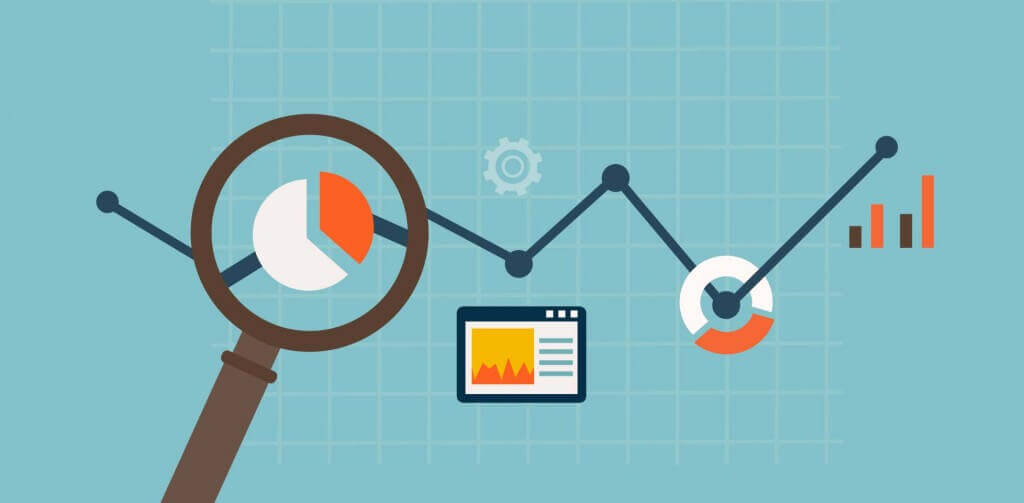
More than ever, marketers need to determine content marketing ROI.
Google Analytics (GA) is an ideal place to start. Setting up GA to track goals is an important first step to measuring content marketing effectiveness. By defining and tracking conversions on your blog, you’ll gain powerful insights into how your content is driving visitors to take actions that matter to your business.
In my previous post on this topic, we went through how to set up conversion goals in GA. This ensures that you’re recording clean data.
If you’ve done that and are ready to gain deeper insights, then look no further. In this post, we’ll go through a few examples of reporting and analysis that will help you to act on the conversion goals you’ve set in your GA instance. (If you’d like to dig even deeper into this topic and see live examples of everything in this post, check out our recent webinar.)
Quick Overview of Google Analytics Reporting Categories
If you’re not the primary user of GA, it’s important to understand the basic ways in which GA views and reports on data. While there are many ways to look at data, GA reports on four major buckets:
- Audience: This is the ‘who’ of GA, covering all the information about people who visit your hub, from geographic locations, demographic categories, and even what devices they’re using.
- Acquisition: Here, we learn how people got to your site via different channels, social networks, and referral sources.
- Behavior: This category covers everything visitors do when they get to your site; this includes pages visited, what types of content they viewed, time on site, paths taken, and much more.
- Conversions: This is where all the goal conversion data in GA lives. Much of the information that we’ll be looking at today comes from this area, where we’ve set up custom goals.
With that covered, let’s dig into the actual data to discover some insights that will help inform and shape your content marketing strategy.
Actionable Analytics
Google Analytics provides lots of data that can be segmented and viewed in a nearly infinite number of ways. If you’re already using a content marketing platform or marketing automation software platform, you may occasionally feel analysis paralysis. Because you have so much data at your disposal, it’s critical that your analytics are actionable.




